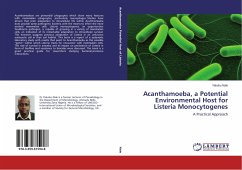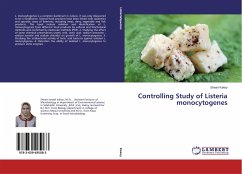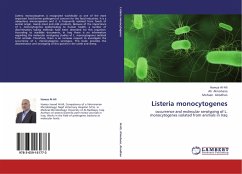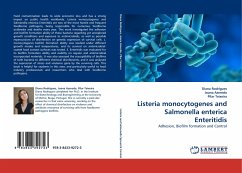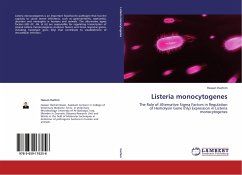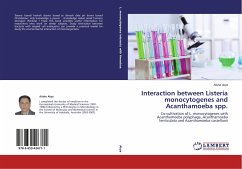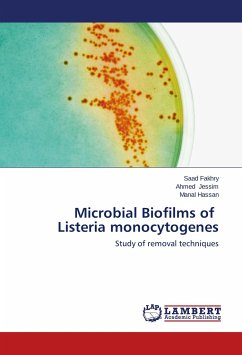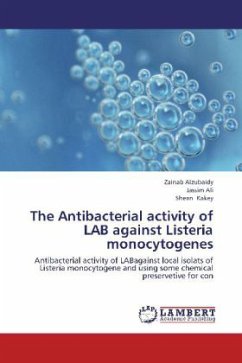Acanthamoebae are primordial phagocytes which share many features with mammalian phagocytes, particularly macrophages. Studies have shown that prior adaptation to intracellular life within Acanthamoeba does provide some pathogenic bacteria with the means to infect the more evolved mammalian cells. Listeria monocytogenes, an opportunistic foodborne pathogen, is capable of growing in a variety of mammalian cells, an indication of its remarkable adaptation to intracellular survival. This however suggests previous adaptation of Listeria in an unknown eukaryotic cell in their soil habitat. This book is a report of a systematic laboratory study with results that point to Acanthamoeba as the possible "gymn" within which Listeria trains for encounter with mammalian cells. The role of survival in amoeba and its impact on persistence of Listeria in form of biofilms and resistance to biocides were discussed. The book is a good practical guide for researchers studying bacterial-protozoa interactions.
Bitte wählen Sie Ihr Anliegen aus.
Rechnungen
Retourenschein anfordern
Bestellstatus
Storno

